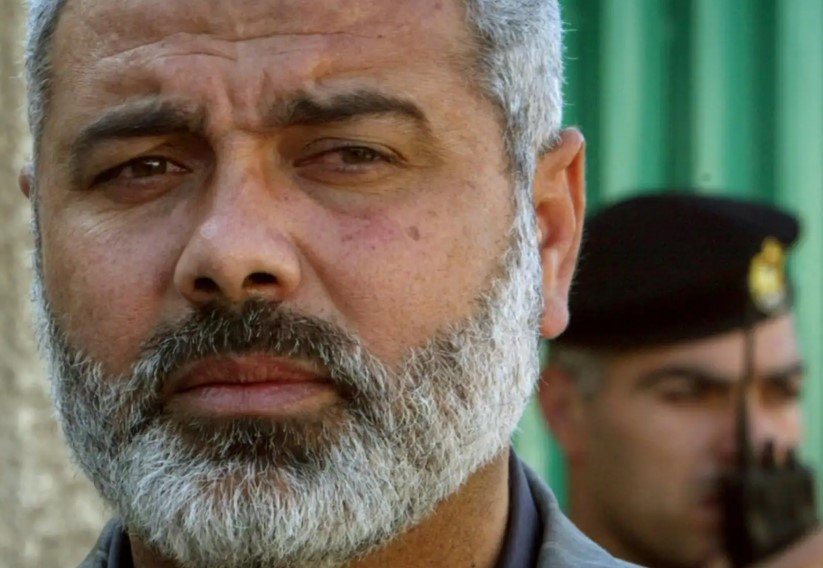Katz’s remarks not only validate Israel’s long-standing covert operation against the top Hamas leader but also serve as a warning to other groups in the region. In a statement, he stated that the Houthis, a rebel faction in Yemen aligned with Iranian interests, could face a similar fate as Haniyeh.
Unveiling Israel’s Role in Haniyeh’s Death
The death of Ismail Haniyeh, the prominent leader of Hamas, was initially shrouded in mystery. While Israel had not officially taken responsibility for the attack, it had been widely speculated that Israeli intelligence and military forces were behind the bombing. Haniyeh died in an explosion in Tehran, Iran, in July, and though the Israeli government had hinted at its involvement, this is the first time an Israeli official has directly acknowledged it.
The Israeli Defense Minister’s statement marks a significant shift in how Israel has publicly addressed its operations in the region. While Israel’s military has long been engaged in covert operations to target high-profile Hamas leaders, this marks the first instance of an open acknowledgment of responsibility for such an attack.

Katz Issues Stark Warning to Regional Factions
Katz’s comments did not stop at confirming Haniyeh’s assassination. He also issued a pointed warning to the Houthis, a group in Yemen that has garnered support from Iran. Katz threatened that the Houthis would meet the same fate as Haniyeh if they continued to align themselves with Iran’s interests in the region. This threat comes amid rising tensions in the Middle East, as Israel continues to confront the spread of Iranian influence and the activities of Iranian-backed militias.
The Houthis have become a significant player in the ongoing conflict in Yemen, and their growing ties with Iran have alarmed Israel, which views Tehran as a direct threat. Israel’s defense strategy has increasingly targeted groups and individuals believed to be involved in operations that benefit Iranian interests, which are seen as a destabilizing force in the Middle East.
The Fallout in Tehran
The assassination of Haniyeh, which took place on Iranian soil, has strained relations between Israel and Iran. Tehran has consistently accused Israel of being behind the attack, and Haniyeh’s death was met with an outpouring of grief and anger across the region. His funeral in Tehran drew thousands of mourners, including prominent political and military figures from Iran and other pro-Palestinian factions.
For Israel, Haniyeh’s death represents a significant victory in its ongoing campaign against Hamas, an organization that Israel considers a terrorist group. While Hamas continues to operate from the Gaza Strip, this strike at its leadership is viewed as a critical blow to the group’s operations.
International Reactions and Criticism
The Israeli confirmation of Haniyeh’s assassination has drawn mixed reactions on the global stage. While Israel’s allies, particularly the United States, have expressed support for the country’s right to defend itself, others, including human rights organizations, have condemned the attack as a violation of international law.
Critics argue that the targeted killings of leaders from groups like Hamas only exacerbate tensions and fuel the cycle of violence in the Middle East. Furthermore, they question the broader implications of such operations, which often result in civilian casualties and further destabilization in the region.
Israel’s Increasingly Assertive Foreign Policy
Katz’s remarks are part of a broader trend in Israel’s foreign policy, where it has become increasingly open about its military actions in the region. In recent years, Israel has openly targeted individuals and groups it deems a direct threat, particularly those linked to Iran.
This approach has drawn significant attention, as Israel’s military strikes are seen as a direct challenge to Iranian-backed forces, both in Gaza and throughout the Middle East. As Israel continues to assert itself on the global stage, its actions in the region will undoubtedly remain a key focus of international diplomacy and security analysis.
